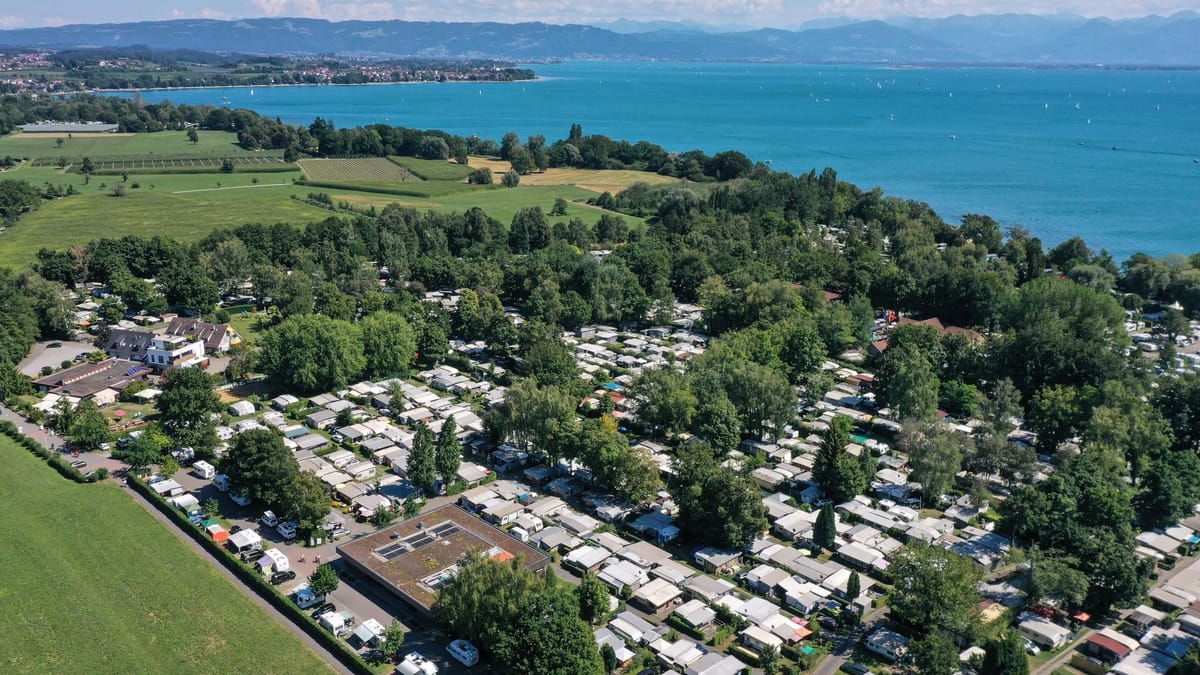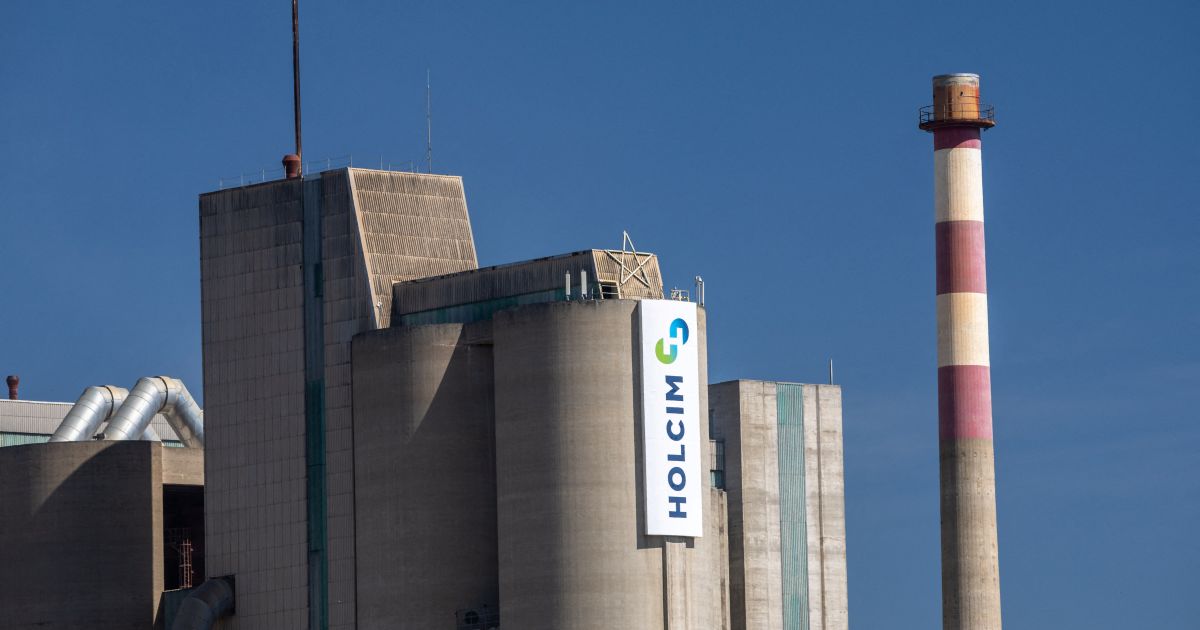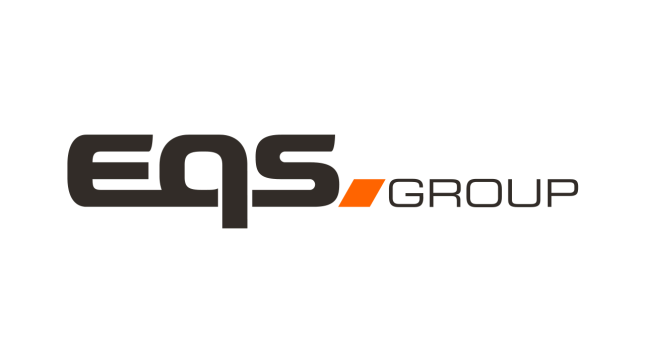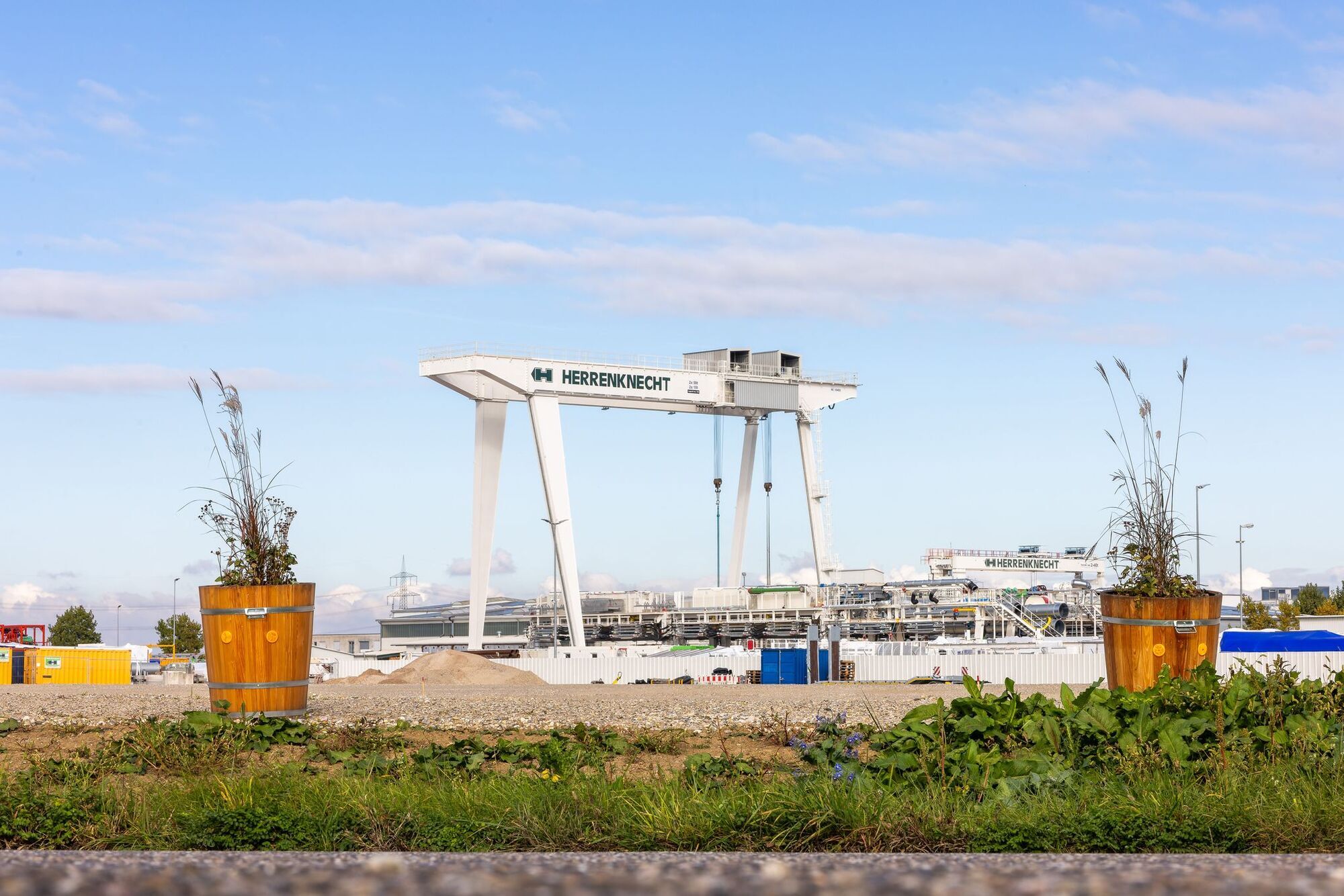
Zurich residents have voted decisively to implement strict new regulations governing the use of leaf blowers and leaf vacuums in Switzerland's largest city. In a public referendum, 61.7 percent of voters supported the restrictive measures that will significantly curtail when and how these machines can be operated. The new rules represent a substantial shift in urban maintenance practices for the city of approximately 450,000 inhabitants.
The regulations impose two key restrictions on leaf blower usage. First, gasoline-powered machines will be completely banned, with only electric devices permitted for operation. Second, the devices may only be used during autumn and early winter months from October through December, effectively ending the year-round practice of using them to remove dirt and debris. Limited exceptions will be allowed for construction work or cleanup following major city events.
Supporters from green and left-leaning political parties successfully argued that leaf blowers create multiple environmental concerns beyond noise pollution. They contended that the machines distribute fine dust particles and bacteria through the air, creating potential health hazards. Additionally, proponents emphasized that restricting usage to specific months would protect the habitat of small creatures that serve as food sources for birds, lizards, and hedgehogs.
Opponents of the measures, including conservative and liberal parties, failed to prevent the restrictions from passing. Critics had characterized the regulations as representing an "unreasonable and antisocial culture of prohibition" in the city's voting materials. They maintained that existing penalties for excessive noise already provided sufficient regulation and that additional prohibitions were unnecessary. Despite these objections, the majority of Zurich voters endorsed the seasonal limitations on leaf blower operations.

Baden-Württemberg's camping industry is poised for a record-breaking year, with camping enthusiasts flocking to popular regions like the Black Forest and Lake Constance. Kurt Bonath, chairman of the State Association of the Camping Industry in Baden-Württemberg, reported that many campground...

Swiss cement conglomerate Holcim has agreed to acquire German building materials manufacturer Xella for €1.85 billion, marking a significant strategic move in the European construction sector. The transaction, announced on Monday, is expected to be finalized in the second half of 2026,...

MUNICH — Knorr-Bremse AG, the German manufacturer of braking systems for trucks and trains, announced on Monday it has agreed to acquire Dutch digital services platform TRAVIS Road Services International B.V. The deal, valued in the mid-double-digit million-euro range, represents the latest...

The small German municipality of Schwanau in Baden-Württemberg has become the unlikely stage for an escalating conflict between local government and one of the region's largest employers. The dispute centers around approximately 20 flower pots installed by the municipality two months ago...

Thyssenkrupp Marine Systems (TKMS), Germany's largest naval shipbuilder, made a strong debut on the Frankfurt Stock Exchange Monday, with shares trading significantly above initial expectations. The stock opened at €60 per share, far surpassing analyst forecasts of approximately €36, and...